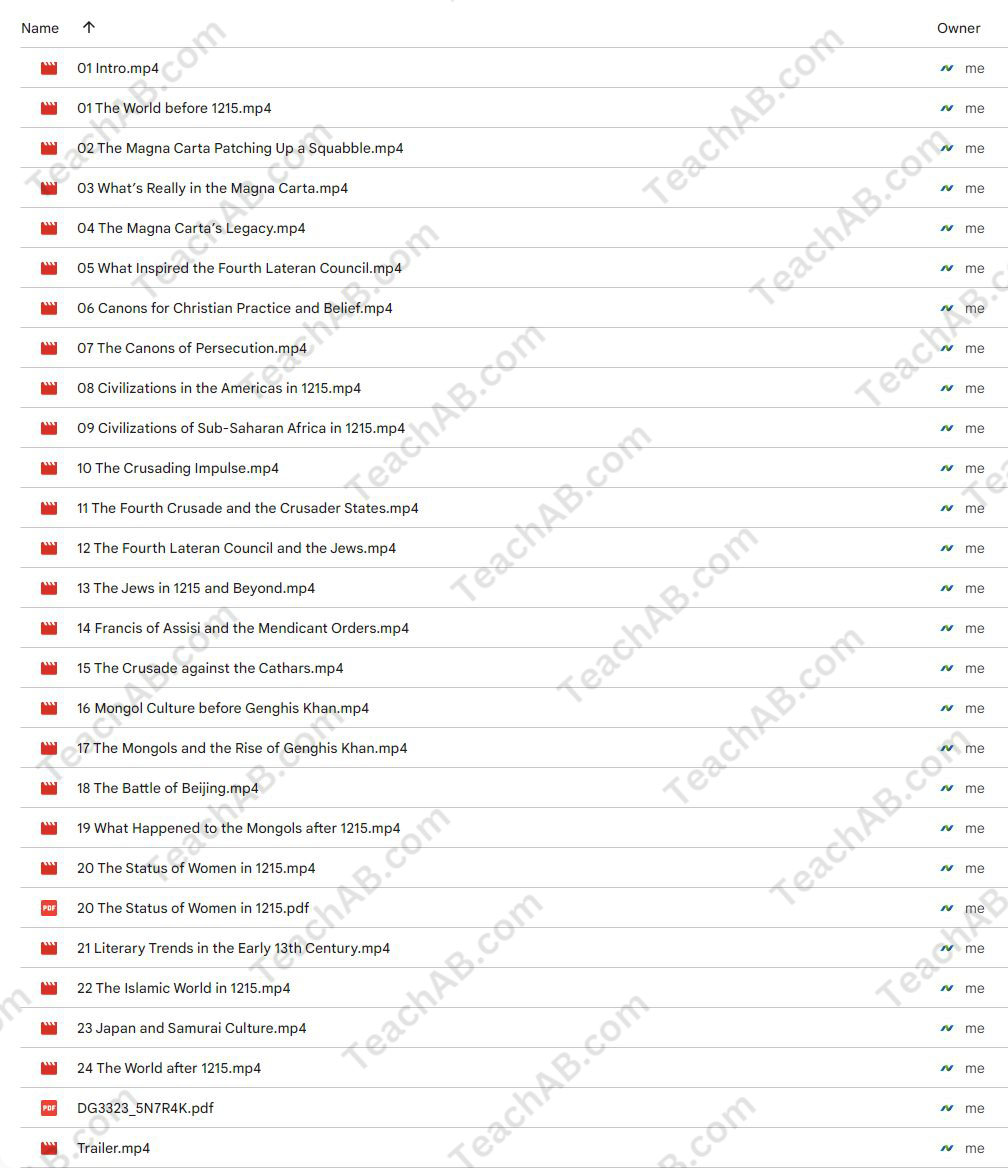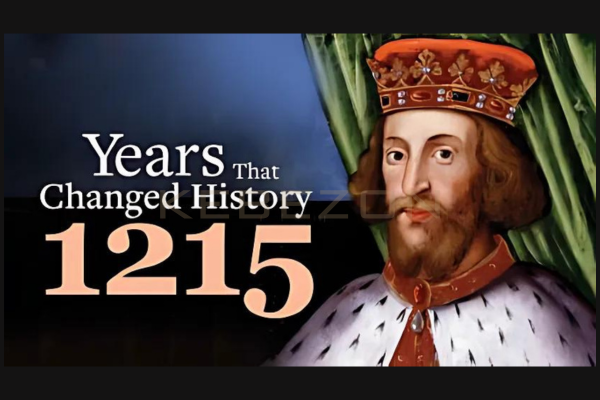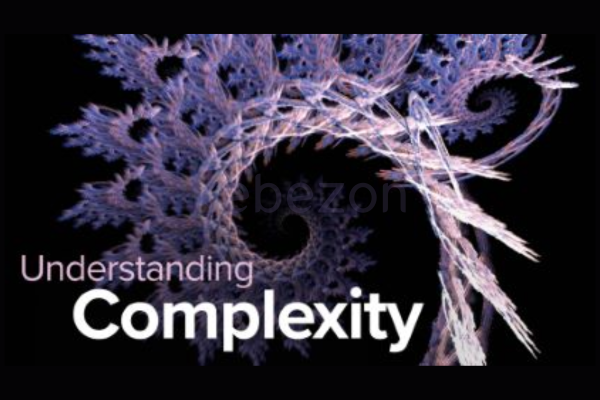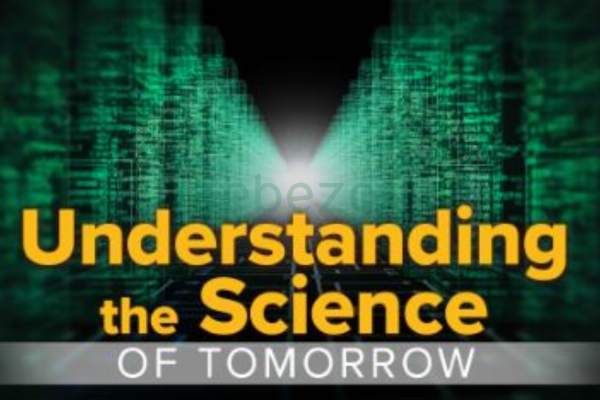Years That Changed History: 1215 with Dorsey Armstrong
239,00 $ Original price was: 239,00 $.5,00 $Current price is: 5,00 $.
You may check content proof of “Years That Changed History: 1215 with Dorsey Armstrong” below:

Years that Changed History: 1215 – Dorsey Armstrong
Introduction
The year 1215 stands as a monumental turning point in world history, not merely for its events but for the ripples it has sent through the ages. Professor Dorsey Armstrong’s course, “Years that Changed History: 1215,” offered at Purdue University, invites learners to plunge into this year and discover its historical significance through 24 meticulously prepared lectures. The focus primarily revolves around the signing of the Magna Carta an event that, while initially limited in scope, has grown to symbolize foundational principles of democracy and constitutional law.
This course does not merely recount dates and events; it stitches together the complex cultural, political, and social threads of medieval times, offering a multifaceted view that extends beyond the shores of Europe. Armstrong’s engaging delivery captivates the audience while she discusses the broader implications of 1215, weaving in stories from the Mongol Empire, the Islamic world, and developments across the Americas and Africa.
The Historical Context of 1215
Setting the Scene
To grasp the full impact of the year 1215, one must first understand the unique historical milieu from which it emerged. Europe in the early 13th century was a tapestry of feudalistic structures, where power was concentrated among a few noble families, and the peasantry remained largely at the mercy of their lords. Climate variability disrupted agricultural productivity, leading to food shortages and social unrest. The demographic pressures exacerbated pre-existing tensions, creating a boiling pot of conflict and change. In Armstrong’s lectures, she paints a vivid picture of a continent on the brink of a transformation.
Armstrong begins her course with a detailed exploration of these climatic and demographic factors, making the case that they influenced both societal shifts and the socio-political landscape of the time. She compares this period to a tightly wound coil strained and ready to snap. When King John of England faced a revolt from his own barons due to heavy taxation and tyranny, the stage was brilliantly set for the signing of the Magna Carta. In portraying John as a tragic figure, Armstrong emphasizes the complexity of his reign, drawing parallels between his struggles and those faced by leaders in various societies.
The Importance of the Magna Carta
At the heart of 1215 lies the Magna Carta, a document born out of necessity rather than noble ideals. Initially intended as a peace treaty, it forced King John to concede various rights to his barons. Armstrong discusses how this document was not an immediate revolutionary manuscript. Instead, she frames it as a fragile foundation upon which the concept of rights and liberties was slowly laid. The Magna Carta’s legacy, however, is its adaptation over centuries, transforming into a powerful symbol of the fight against tyranny.
The significance of the Magna Carta can be understood through a comparison with other legal documents throughout history, such as the U.S. Bill of Rights and the Universal Declaration of Human Rights. Each of these texts echoed the spirit of the Magna Carta while adapting to their unique contexts.
| Document | Year | Key Principle |
| Magna Carta | 1215 | Limitation of royal power |
| U.S. Bill of Rights | 1791 | Protection of individual liberties |
| Universal Declaration of Human Rights | 1948 | Inalienable rights for all humans |
Each of these milestones draws from the seed planted by the Magna Carta, illustrating its profound influence on the course of legal and political thought.
Themes and Approaches of Professor Armstrong
Thematic Exploration
Professor Armstrong’s teaching style effectively melds various aspects of medieval history into a cohesive narrative that is both engaging and enlightening. Throughout her lectures, she touches on themes such as authority, rebellion, and rights, drawing connections across cultures and histories. While the Magna Carta may appear as a distinctly English construct, its principles resonate with broader ideas of justice and governance found in multiple cultures. For instance, Armstrong draws attention to similar pacts throughout history such as the Pact of Hudaibiyah, where the Prophet Muhammad negotiated terms with the Quraysh tribes highlighting the universal struggles predicated upon questions of authority.
Moreover, Armstrong integrates humor and anecdotes into her lectures, making complex narratives more relatable. She often describes historical figures not just as characters in a book but as individuals with hopes, fears, and flaws, like a Shakespearean drama played out against the backdrop of medieval England. This approach humanizes history, allowing listeners to forge emotional connections with the past.
Critiques and Discussions
Not all responses to Armstrong’s course have been free of contention. Critics argue that her interpretations may lean towards a politically correct viewpoint, particularly regarding the roles and influences of non-Western cultures during this period. Some viewers feel that such perspectives can obscure a more comprehensive understanding of history. These critiques underscore the importance of balance in historical narratives, a point that Armstrong herself acknowledges in her lectures.
In addressing these critiques, she elevates the conversation around historical interpretation, inviting her audience to question and engage critically with the narratives presented. This method reflects the critical analysis encouraged in academia, where diverse perspectives enhance the fabric of historical understanding rather than detract from it.
The Legacy of 1215
The Ripple Effects
The consequences of the events of 1215 have woven themselves into the very fabric of modern governance and law. The Magna Carta’s insistence on the rule of law has led to frameworks of governance that favor checks and balances a principle evident in many democratic countries today. While the immediate context of the Magna Carta did not resonate globally, its spirit has transcended boundaries and epochs.
Moreover, Armstrong connects the implications of the Magna Carta to issues such as human rights and social justice, prompting students to reflect on present-day struggles against systemic injustice. Here, history is not a mere chronicle of past events; it is a continuous dialogue that challenges us to confront our current circumstances. This enduring relevance makes the study of 1215 in its unique complexities a vital exploration for anyone wishing to understand the interplay of power and society today.
Modern-Day Reflections
Fast-forwarding to contemporary times, one cannot help but see the echoes of 1215 in today’s world. Just as the Magna Carta served as a necessary counter to royal overreach, modern societies grapple with their governance’s transparency and accountability. Movements advocating for civil rights, from suffrage to racial equality, often refer back to these foundational texts, reiterating the struggle for liberty and justice in the face of oppression.
By drawing these connections, Armstrong successfully illustrates that history is not confined to dusty tomes. It is a lively discourse that informs present-day policies, attitudes, and institutions. The spirit of the Magna Carta, emerging from the tumult of 1215, continues to inspire and provoke discussions about rights, governance, and the balance between liberty and authority.
Conclusion
In conclusion, Dorsey Armstrong’s course, “Years that Changed History: 1215,” transcends mere historical recounting to offer an intricate analysis of a pivotal moment that shaped the trajectory of democracy and law. From setting the stage with the climatic and demographic conditions of Europe to exploring the rich legacy of the Magna Carta, Armstrong invites her audience to engage deeply with history. Through humor, thematic exploration, and a critical lens, she provides a platform for students to analyze and appreciate the complexities of the past.
Despite some critiques, the course shines as a comprehensive narrative that illuminates the intricate web of influence that 1215 represents. By examining both Western and non-Western threads, Armstrong fosters an appreciation for the diverse tapestry of history, making her lectures both educational and profoundly relevant. The year 1215 remains a testament to the ongoing struggle for rights and governance, echoing through the corridors of time and urging contemporary society to reflect on its own values and practices.
Frequently Asked Questions:
Business Model Innovation:
Embrace the concept of a legitimate business! Our strategy revolves around organizing group buys where participants collectively share the costs. The pooled funds are used to purchase popular courses, which we then offer to individuals with limited financial resources. While the authors of these courses might have concerns, our clients appreciate the affordability and accessibility we provide.
The Legal Landscape:
The legality of our activities is a gray area. Although we don’t have explicit permission from the course authors to resell the material, there’s a technical nuance involved. The course authors did not outline specific restrictions on resale when the courses were purchased. This legal nuance presents both an opportunity for us and a benefit for those seeking affordable access.
Quality Assurance: Addressing the Core Issue
When it comes to quality, purchasing a course directly from the sale page ensures that all materials and resources are identical to those obtained through traditional channels.
However, we set ourselves apart by offering more than just personal research and resale. It’s important to understand that we are not the official providers of these courses, which means that certain premium services are not included in our offering:
- There are no scheduled coaching calls or sessions with the author.
- Access to the author’s private Facebook group or web portal is not available.
- Membership in the author’s private forum is not included.
- There is no direct email support from the author or their team.
We operate independently with the aim of making courses more affordable by excluding the additional services offered through official channels. We greatly appreciate your understanding of our unique approach.
Be the first to review “Years That Changed History: 1215 with Dorsey Armstrong” Cancel reply
You must be logged in to post a review.












Reviews
There are no reviews yet.